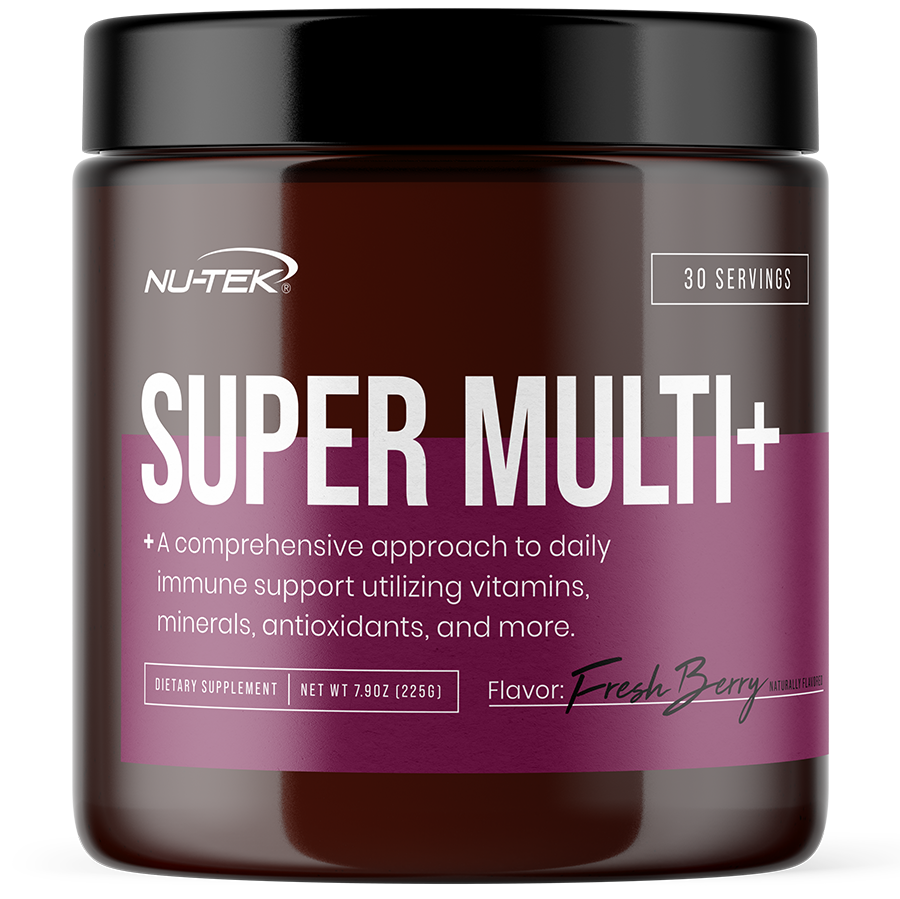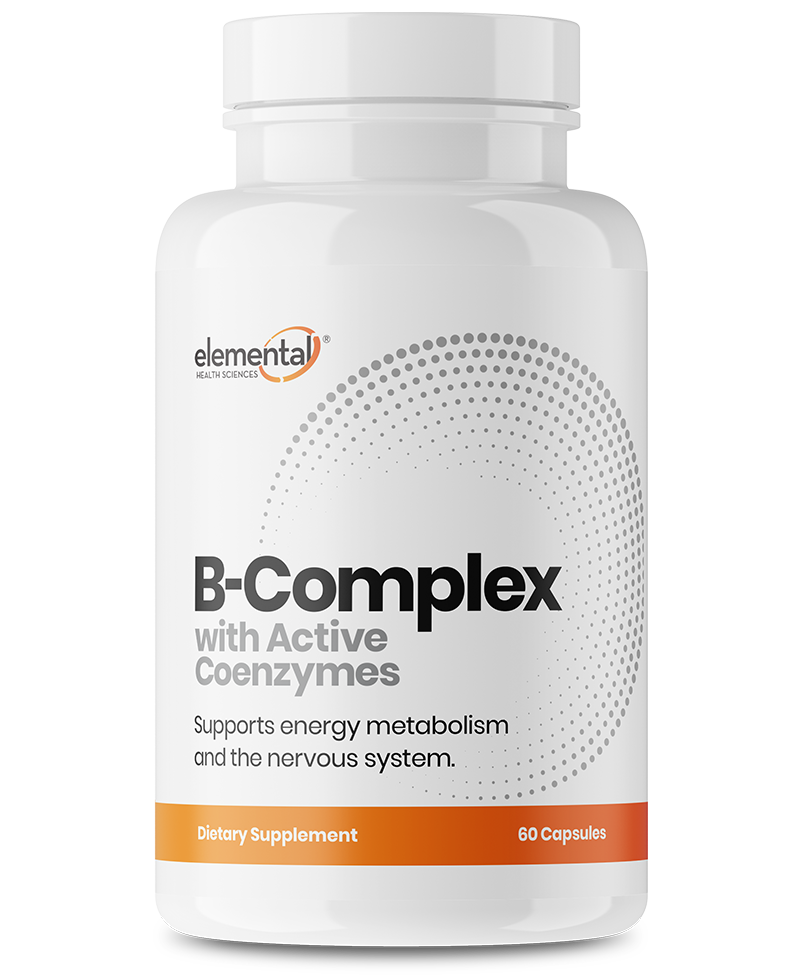It’s not rocket sciences it’s just genetics!
What is a genetic vitamin deficiency?
Imagine your body is like a cake you’re baking. To make the perfect cake, you need the right ingredients in the right amounts. One of the key ingredients is vitamin B12. It’s kind of like the sugar in a cake recipe. But now, let’s say you have a special cookbook (this represents your genes) that guides you on how to bake.
However, what if there’s a mistake in your cookbook? Maybe it tells you to add the sugar (vitamin B12) at the end after the cake has been baked, instead of mixing it into the batter. Even if you have all the sugar (vitamin B12) you need, the cake won’t taste sweet because of the cookbook’s mistake. This mistake is what we call a “vitamin B12 genetic deficiency.”
Simply put, even if you consume vitamin B12 your body may not be using it correctly so technically you aren’t getting as much as you need.
SYMPTOMS OF DEFICIENCY
Muscle weakness and fatigue
Lower energy levels
Mood changes (poor mood)
Mental fatigue
Brain fog
Decreased cognitive performance
Muscle cramps
Poor balance
Reduced exercise performance
Slow recovery post exercise
In short vitamin B12 deficiency can negatively impact brain function, energy production, metabolism, muscle function and muscle recovery.
BENEFITS OF SUPPLEMENTING
Increased muscle function
Increased energy levels
Improve mood
Decrease mental fatigue
Decrease brain fog
Improve cognitive performance
Supports bone health
Improve balance
Increase exercise performance
Improve recovery post exercise
In short supplementing with vitamin B12 can positively impact brain function, energy production, metabolism, muscle function and muscle recovery.
FOODS CONTAINING B12
Meat (beef, lamb, pork)
Poultry (chicken, turkey)
Fish (sardines, salmon, tuna, mackerel, trout)
Shellfish (clams, oysters, crabs, mussels, lobster)
Dairy Products (milk, yogurt, cheese)
Eggs
Vitamin supplements
Vitamin B12 is essential for for a health, longevity, cognition, muscle function and essential bodily processes. We obtain vitamin B12 through the food that we eat but if we aren’t getting enough or have a deficiency supplementation is a viable option.
THE SCIENCE
Vitamin B12, also known as cobalamin, has a complex mechanism of action in the body. It is a water-soluble vitamin, which means it’s dissolved in water and transported through our bloodstream. Here’s a breakdown of how the body uses and processes vitamin B12:
Dietary Intake: We consume vitamin B12 primarily from animal products such as meat, poultry, fish, and dairy. Some foods are also fortified with B12.
Stomach Processing: When we eat foods containing B12, the vitamin is bound to protein. In the stomach, hydrochloric acid and gastric protease enzymes release B12 from these proteins.
Binding to Intrinsic Factor: In the stomach, B12 then binds to a protein made by the stomach lining called “intrinsic factor” (IF). This B12-Intrinsic Factor complex is crucial for the absorption of B12 in the small intestine.
Absorption: The B12-Intrinsic Factor complex moves to the ileum, which is the last part of the small intestine. Here, cells have receptors that allow for the uptake of this complex, effectively absorbing B12 into the bloodstream.
Transport in Blood: Once in the bloodstream, B12 binds to proteins called transcobalamins. The primary complex is B12-transcobalamin II, which delivers B12 to body cells.
Cellular Uptake and Utilization: Inside cells, B12 undergoes various transformations to become its two active coenzyme forms: methylcobalamin and 5-deoxyadenosyl cobalamin.
Methylcobalamin: This form is crucial for the conversion of homocysteine to methionine. Methionine is then used to make SAMe (S-adenosylmethionine), which is involved in many methylation reactions, including DNA and neurotransmitter synthesis.
5-Deoxyadenosyl Cobalamin: This form is involved in the conversion of methylmalonyl-CoA to succinyl-CoA, a crucial step in the breakdown of certain fats and proteins for energy.
Excretion: The body excretes excess B12 and its breakdown products via the kidneys in urine.
The body’s ability to use vitamin B12 can be affected by various factors, including genetic mutations





